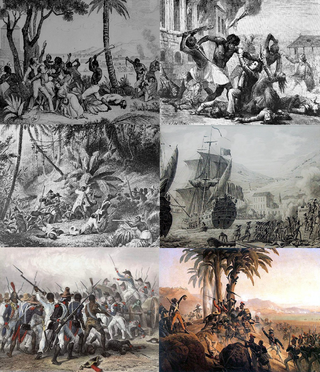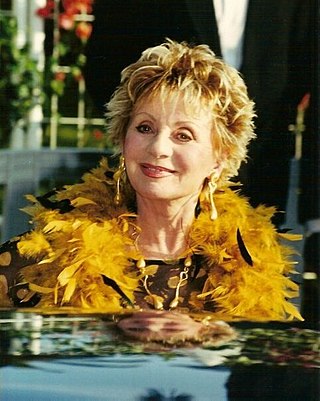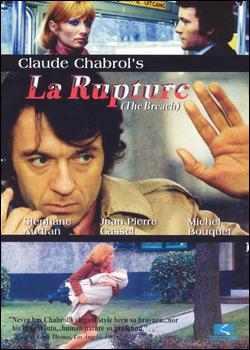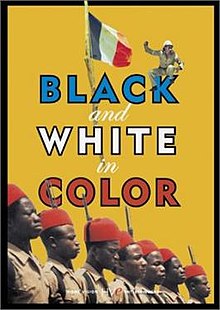
Jean-Jacques Dessalines was the first Haitian Emperor, leader of the Haitian Revolution, and the first ruler of an independent Haiti under the 1805 constitution. Initially regarded as governor-general, Dessalines was later named Emperor of Haiti as Jacques I (1804–1806) by generals of the Haitian Revolutionary army and ruled in that capacity until being assassinated in 1806. He spearheaded the resistance against French rule of Saint-Domingue, and eventually became the architect of the 1804 massacre of the remaining French residents of newly independent Haiti, including some supporters of the revolution. Alongside Toussaint Louverture, he has been referred to as one of the fathers of the nation of Haiti. Dessalines was directly responsible for the country, and, under his rule, Haiti became the first country in the Americas to permanently abolish slavery.

Alexandre Sabès Pétion was the first president of the Republic of Haiti from 1807 until his death in 1818. One of Haiti's founding fathers, Pétion belonged to the revolutionary quartet that also includes Toussaint Louverture, Jean-Jacques Dessalines, and his later rival Henri Christophe. Regarded as an excellent artilleryman in his early adulthood, Pétion would distinguish himself as an esteemed military commander with experience leading both French and Haitian troops. The 1802 coalition formed by him and Dessalines against French forces led by Charles Leclerc would prove to be a watershed moment in the decade-long conflict, eventually culminating in the decisive Haitian victory at the Battle of Vertières in 1803.

Pierre Joseph Auguste Messmer was a French Gaullist politician. He served as Minister of Armies under Charles de Gaulle from 1960 to 1969 – the longest serving since Étienne François, duc de Choiseul under Louis XV – and then as Prime Minister under Georges Pompidou from 1972 to 1974. A member of the French Foreign Legion, he was considered one of the historical Gaullists, and died aged 91 in the military hospital of the Val-de-Grâce in August 2007. He was elected a member of the Académie française in 1999; his seat was taken over by Simone Veil.

Jean-Jacques Annaud is a French film director, screenwriter and producer. He directed Quest for Fire (1981), The Name of the Rose (1986), The Bear (1988), The Lover (1992), Seven Years in Tibet (1997), Enemy at the Gates (2001), Black Gold (2011), and Wolf Totem (2015).

Jean Carmet was a French actor.

The Haitian Revolution was a successful insurrection by self-liberated slaves against French colonial rule in Saint-Domingue, now the sovereign state of Haiti. The revolution was the only known slave uprising in human history that led to the founding of a state which was both free from slavery and ruled by non-whites and former captives.
This article lists events from the year 2005 in France.

Jacques Perrin was a French actor and film producer. He was occasionally credited as Jacques Simonet.

Louisiana Creoles are a Louisiana French ethnic group descended from the inhabitants of colonial Louisiana before it became a part of the United States during the periods of French and Spanish rule. They share cultural ties such as the traditional use of the French, Spanish, and Creole languages and predominant practice of Catholicism.

Is Paris Burning? is a 1966 black-and-white epic war film about the liberation of Paris in August 1944 by the French Resistance and the Free French Forces during World War II. A French-American co-production, it was directed by French filmmaker René Clément, with a screenplay by Gore Vidal, Francis Ford Coppola, Jean Aurenche, Pierre Bost and Claude Brulé, adapted from the 1965 book of the same title by Larry Collins and Dominique Lapierre. The film stars an international ensemble cast that includes French, American and German stars.

Le Crabe-tambour (Drummer-Crab) is a 1977 French film directed by Pierre Schoendoerffer, based on the novel The Paths of the Sea he published in 1976, which is inspired by the adventures of Commander Pierre Guillaume (1925-2002). It was translated into English by the maritime novelist Patrick O'Brian as The Paths of the Sea (1977). The film stars Jean Rochefort, Jacques Perrin and Claude Rich. Highly criticially acclaimed, it won three César Awards: Best Actor – Leading Role, Best Actor – Supporting Role and Best Cinematography and was nominated for three others.
Catherine Rouvel is an acclaimed French actress. Her career spans from 1959 in television to 2004.

Special Section is a 1975 French film directed by Costa-Gavras and based on the novel L'affaire de la Section Spéciale by Hervé Villeré. It stars Louis Seigner, Roland Bertin, Michael Lonsdale, Ivo Garrani, François Maistre, Jacques Spiesser, Henri Serre, Heinz Bennent and Claude Piéplu. It is named after the Special Sections of Vichy France.
The 12th César Awards ceremony, presented by the Académie des Arts et Techniques du Cinéma, honoured the best French films of 1986 and took place on 7 March 1987 at the Palais des Congrès in Paris. The ceremony was chaired by Sean Connery and hosted by Michel Drucker and Pierre Tchernia. Thérèse won the award for Best Film.

Léonie Juliana, Baroness Cooreman, also known by her stage name Annie Cordy, was a Belgian actress and singer. She appeared in more than 50 films from 1954 and staged many memorable appearances at Bruno Coquatrix' famous Paris Olympia. Her version of "La Ballade de Davy Crockett" was number 1 in the charts for five weeks in France in August 1956. She was born in Laeken, Belgium, where in 2004, King Albert II of Belgium bestowed upon her the title of Baroness in recognition for her life's achievements.

Haitian cinema includes the films and filmmakers of Haiti. The Haitian diaspora is active in the industry. Oppressive dictators and economic struggles have limited production.

The Breach, also titled The Breakup, is a 1970 French–Italian–Belgian drama film written and directed by Claude Chabrol, based on the novel The Balloon Man by Charlotte Armstrong. It follows a mother's struggle for custody of her son against her husband's parents.

Boys' School is a 1938 French drama film by Christian-Jaque based on the novel of the same title by Pierre Véry. It has become a cult film.

A Golden Widow is a 1969 comedy film directed by Michel Audiard and starring Michèle Mercier, Claude Rich and Roger Carel. It was made as a co-production between France, Italy and West Germany.
















